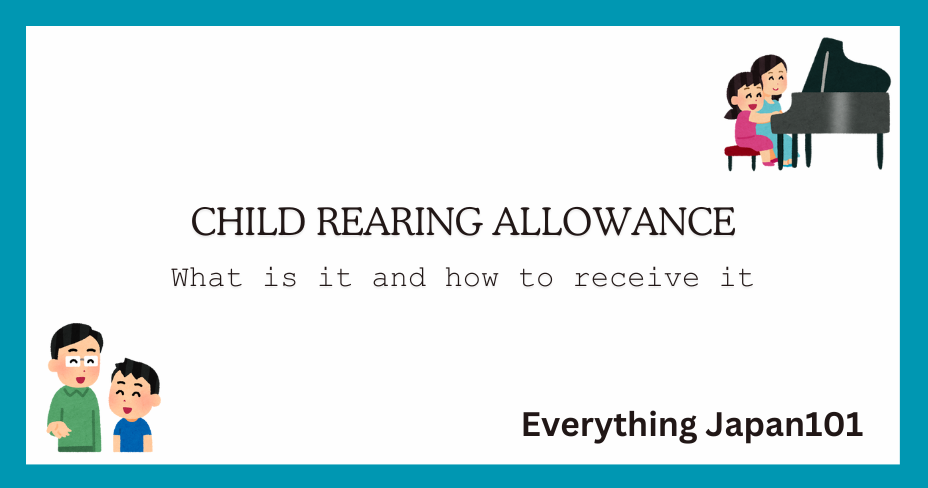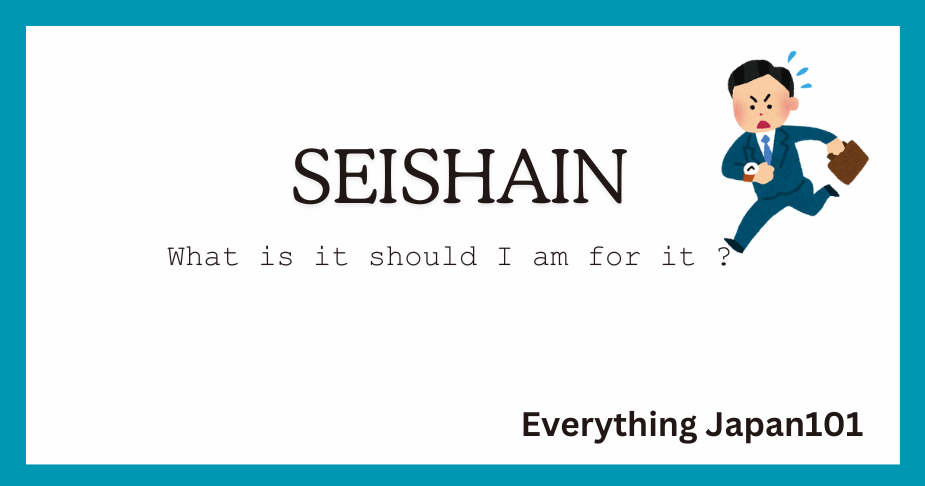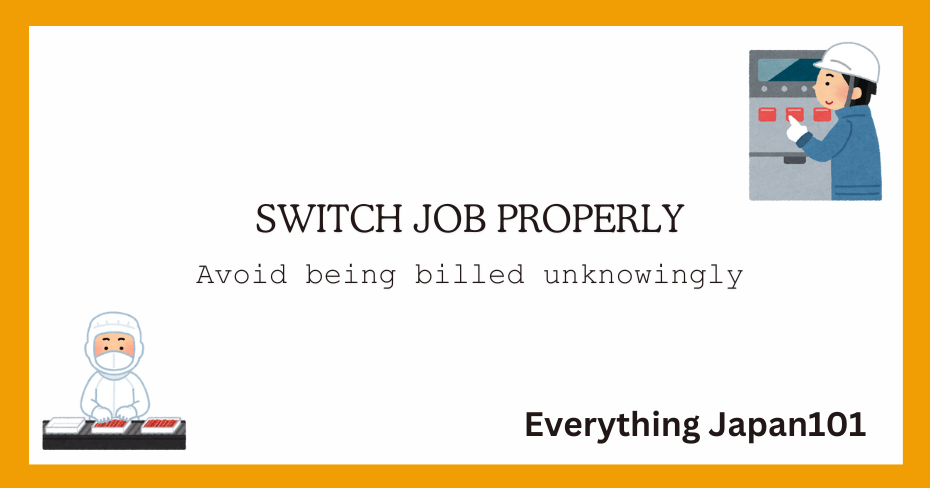Child Rearing Allowance: Applying for Jidou Teate in Japan

Japan’s social welfare system is renowned for its comprehensive support, with jidou teate—child rearing allowance—playing a vital role in assisting families. This financial benefit helps alleviate the costs of raising children and promotes child welfare. If you’re looking to apply for this allowance, it’s essential to understand the program and the application process. This guide offers a detailed overview of the child rearing allowance in Japan, including how to apply at your local city hall.
What is child rearing allowance (Jidou Teate)
Jidou teate is a government-funded financial benefit provided to families with children under the age of 15, though in some cases, it can extend to children up to 18 years old if they are still in school. The primary aim of this allowance is to ease the financial burden of raising children and to support families in meeting their children’s needs, including education, healthcare, and daily expenses.

A Brief History
Introduced in the 1970s, jidou teate has evolved over the decades. Significant reforms in 2010 expanded eligibility and increased the allowance amount, reflecting Japan’s commitment to supporting families amid economic challenges and addressing concerns about declining birth rates.
Benefits of child rearing allowance
- Financial Relief: Helps cover various costs associated with child-rearing.
- Encourages Birth Rates: Aims to mitigate financial pressures to encourage higher birth rates.
- Reduces Disparities: Provides support to families across different income levels.
- Promotes Well-being: Contributes to a nurturing environment for children.
How to Apply for Jidou Teate
If you’re eligible and want to apply for jidou teate, follow these steps:
1. Confirm Eligibility
Ensure you meet the following criteria:
- Residency: You must be a resident of Japan with children living with you.
- Age of Children: Generally for children under 15 years old, though there are exceptions.
- Income Level: Must fall within the established income thresholds.
- Guardian Status: Application must be submitted by the parent or legal guardian.
2. Gather Required Documents
Before heading to the city hall, collect these documents:
- Proof of Identity: Japanese driver’s license, passport, or resident card.
- Proof of Residence: A juminhyo (resident certificate).
- Children’s Birth Certificates: To verify age and identity.
- Income Statement: Recent tax returns or a certificate of income and tax withheld.
- Bank Account Information: For direct deposit of payments.
How to make a Japanese bank account? we go more in detail here

3. Apply at the City Hall
Visit your local city hall (shiyakusho) or municipal office. Follow these steps:
- Visit the Office: Go to the Family and Child Affairs Division (katei shien-ka) or the relevant department.
- Submit Forms: Request and complete the necessary application forms. City hall staff can assist with form-filling and answer questions.
- Provide Documents: Submit completed forms along with the required documents. Be ready with both originals and copies.
- Processing Time: The review process may take several weeks. You’ll be notified once your application is processed.
- Notification: You will receive a notification about your application status and the allowance amount. This will also include details on payment schedules.
4. Receiving the Allowance
- Payment Schedule: Typically made monthly.
- Direct Deposit: Payments are usually deposited directly into your bank account. Ensure accurate bank details to avoid delays.
5. Report Changes
Notify the city hall of any changes such as:
- Changes in income
- Changes in the number of dependents
- Changes in address or bank details
- Other significant changes affecting eligibility
6. Renewals and Updates
Some municipalities may require annual updates or reviews. Check with your local city hall for specific renewal requirements.

Challenges and Criticisms
Despite its benefits, jidou teate faces some challenges:
- Income Thresholds: Some argue that income limits may not always align with families’ actual financial needs.
- Regional Variations: Implementation and effectiveness can vary by region.
- Dependency Concerns: There are concerns about potential dependency, though evidence is mixed.
The Future of child rearing allowance in Japan
The Japanese government regularly reviews the jidou teate program to adapt to economic conditions and demographic changes. It is likely to see further adjustments in response to evolving needs.
Conclusion
Jidou teate is a vital program that supports families across Japan by providing financial assistance for raising children. By understanding the program and following the application process at your local city hall, you can access this important benefit and help ensure a stable environment for your children. For detailed information and assistance, always refer to your local city hall or their official website.
Sources
- Ministry of Health, Labour and Welfare (Japan)
- Official website detailing various welfare programs, including Jidou Teate and eligibility
- Local City Hall Websites
- Most city halls in Japan have specific pages regarding Jidou Teate, outlining application procedures and necessary documents.











